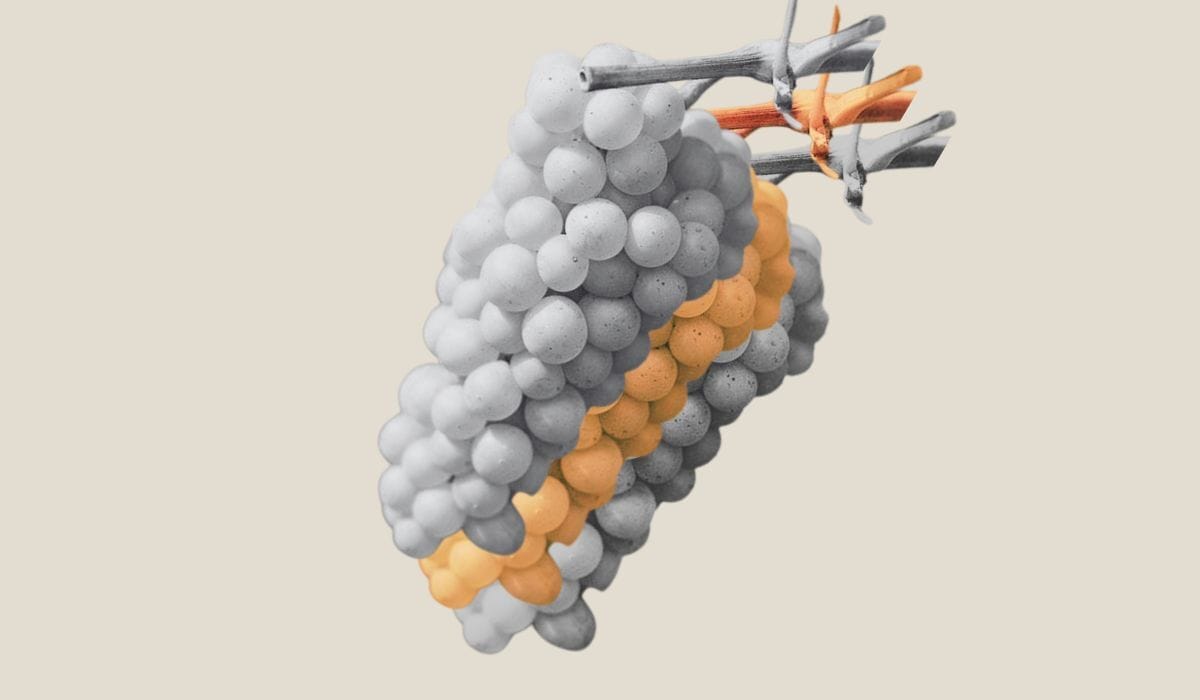When reading any wine publication and you run across the phrase “spiritual homeland” when referring to a grape, it always refers to where a grape has been grown the longest and where you can expect benchmark expressions of that grape in a wine.
Italy has Sangiovese, France has Pinot Noir and Chardonnay and Germany has Riesling. This by no means suggests that these grapes don’t make for beautiful wines in other parts of the world. As examples, Ontario (and a few BC wineries) produce world-class Rieslings while Oregon and New Zealand have become famous for their Pinot Noirs.
Vinifera grapes (noble grapes i.e., Riesling, Chardonnay, Pinot Noir, Cabernet Sauvignon etc) will also have different expressions within their “spiritual homelands” depending on the region in which they’re grown.
It would be so easy to slide into excessive details of any grape that it would cause a serious case of “eye-glaze” so you can be assured that the information provided will be 101 level.
Riesling is one of the most under-appreciated grapes in the world in terms of general public sales. Yet when it comes to industry professionals (sommeliers, wine writers, wine makers), there’s no contest: Riesling is a reigning white wine champion.
But why?
It has everything to do with its very nature. It makes first-rate, terroir-expressive wines that can successfully be made in every style from Champagne method sparklers to the most sought-after and expensive dessert wines (TBA Trocken Beeren Auslese for exmaple) and everything in between. With the exception of perhaps my other favourite white wine, Chenin Blanc, no other grape in the world can boast such versatility.
Over the decades, I’ve asked wine professionals of my acquaintance one simple question: Riesling or Chardonnay? It’s not very scientific but sitting at 90% the answer is Riesling.
The result shows that there is a serious disconnect between how professionals and the general public perceive Riesling. There are many historic reasons for this especially in a country like ours where monopolies have dominated wine sales since inception.
What you had back then were uneducated monopoly wine buyers who were focused on volume buys at the cheapest prices for the biggest margins. There was also not much interest in the breadth of quality from any one nation and so wines from Germany were determined to be sweet, and that was it.
Well, what happens to a population like Ontario's over several decades? They become habituated to the idea that all German wines are sweet. So then German producers of mass-consumption wines (aka cheap) see that sales are good and steady and they then want to get into the Ontario market.
Buyers at the LCBO, in turn (whose prime concerns are margins and high turnover), then reinforce the stereotype by offering new labels that have the same flavour profiles.
I twice had a part-time stint working at a specialized Vintages store in downtown Toronto. The number one question I had from customers when it came to German wines? “Why are all German wines sweet? Don’t they make dry wines in Germany?” That’s where my enthusiasm for educating folks on German wines really took flight.
On the other side of the equation, I had spoken to many importers during those years (they coincided with my formal winemaking studies in Niagara) and to a man (they were always men) they weren’t interested in the dry wines I wanted to promote because “customers aren’t interested in dry wines from Germany.” Talk about a gap in both perspective and logic.
And so round and round it went, but we have seen more and more dry German Rieslings enter the market over the years, and I’m grateful whenever a quality wine, dry or off-dry, arrives to excite the palate.
I promised myself, when laying out ideas for a wine newsletter, that I wouldn’t get too technical about any one specific grape. I had to leave my formal training aside and communicate as a layperson.
So I have one simple request: write to me if you find that the information in these newsletters is either too detailed or if you’d like to know more about the grapes or styles of wine I write about.
In this way, we can grow together.
